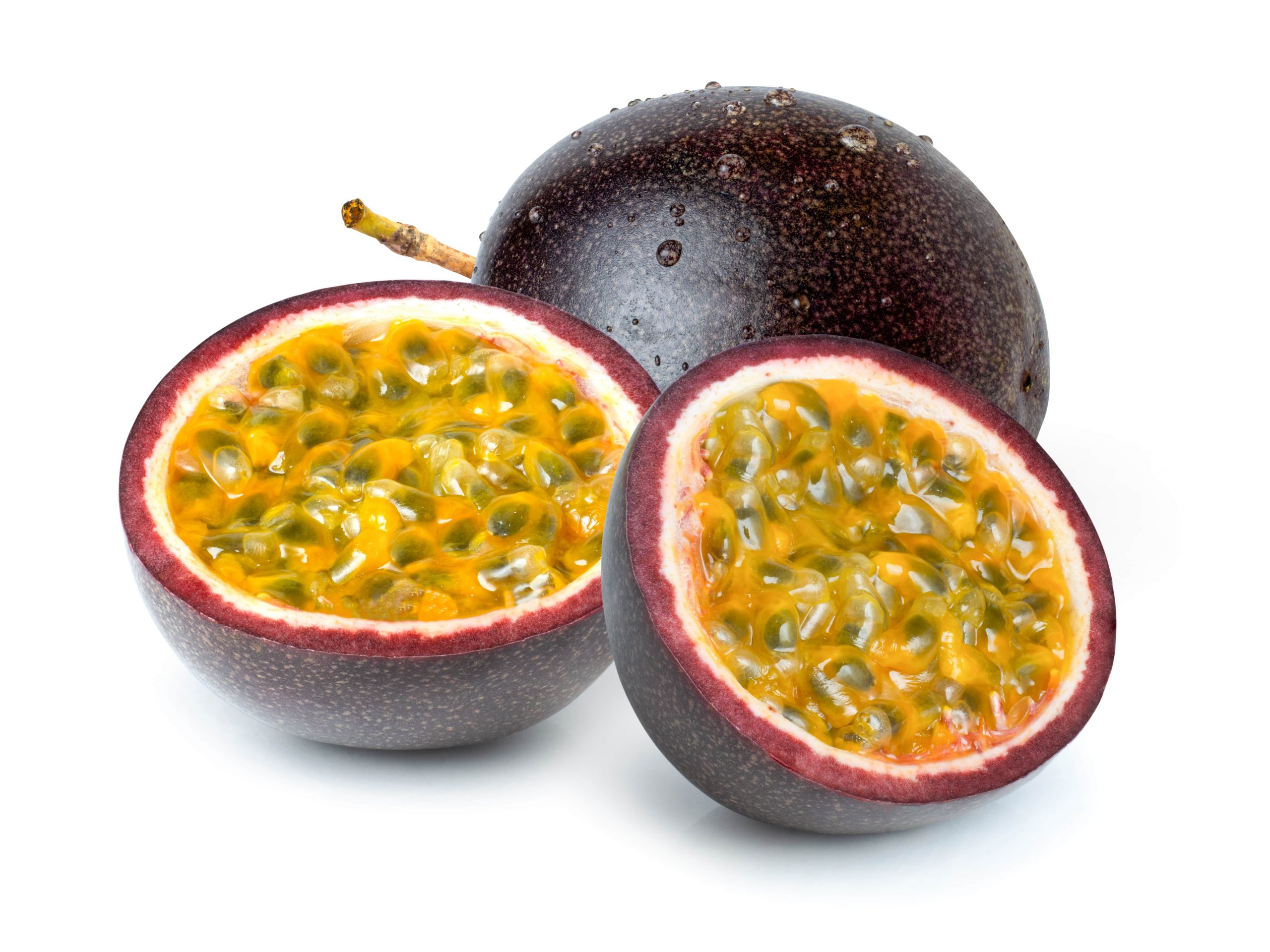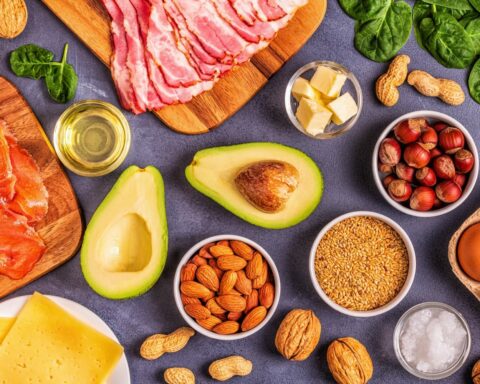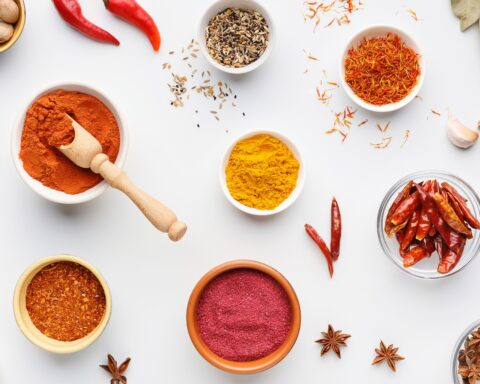Eating fruits is very beneficial to the human body. There are many different types of fruits in the world today. Each fruit comes with its unique nutrients, which are important to the body. The passion fruit is a popular fruit that is widely known for its sweet taste and beneficial nutrients.
Passion fruits are widely gaining popularity among health-conscious people due to their nutritious nature. Many people confuse passion fruit with peaches or plum fruits. However, this fruit is different from these two and has its own benefits. Here is all you need to know about this fruit and its benefits.
What Is a Passion Fruit?
A passion is a small nutritious fruit from the passion fruit vine, which has a climbing vine and beautiful flowers. A myth states that Christian missionaries came up with the name due to its resemblance to the Christian teachings about the resurrection of Jesus. The fruit has a purple or golden yellow color depending on its ripe state. Passion fruit is about 3 inches long and has a thick and waxy rind. The fruit wrinkles as it ripens. Sacs filled with yellow or orange-colored juice and crunchy seeds are found inside this tasty fruit.
The purple passion fruit native is Brazil, Argentina, and Paraguay. Today passions are widely grown all over the world and exported to reach any individual. The sweet passion juice is known as pulp.
Tips for Eating a Passion Fruit
Before eating any passion fruit, it must be fully ripe for you to enjoy the sweet flavors. The passion fruit is ripe when it falls from the vine and has a heavy purple or golden yellow color with a wrinkled-out surface. The more wrinkled a passion is, the riper and sweeter it is. Check whether the fruit has bruising effects, discoloration, or green patches which indicate contamination. A green passion is not ready for consumption as it is not ripe.
The best and easiest way of eating a passion is by eating it plain. Simply wash the fruit, cut the passion into two halves, and use a spoon to eat the seeds and fruits. The seeds are also edible. For those who find the fruit with a sour taste, you can add sugar to sweeten it.
More Ways to Enjoy the Sweet Passion Fruit
Squeeze The Passion Fruit to Make Pulp Juice
Some people find it hard to consume passion fruit due to the many seeds in it. As all you need, worry less is to strain the fruit to remove the seeds from the pulp. Squeezing the fruit creates a fresh passion juice with no seeds. Pass it through a fine strainer and press the pulp using a spoon to force the juice out to filter the juice. You are now ready to take your delicious passion juice.
Create A Passion Fruit Jam
You can add a slice of tropical nutritious passion fruit to your daily toast. For those who like the sweet taste of bread, this passion fruit jam is ideal for you. To prepare the jam, boil the passion fruit pulp with the inner flesh and outer shells included. Add lemon and sugar for a perfect result. Enjoy your fresh passion fruit jam when cool.
Make A Passion Fruit Nectar
Creating passion nectar is another simple way of eating this delicious fruit. Passion nectar is made by blending, straining, and simmering the passion fruit. Ensure that you cut the fruit and rind it in water until it softens.
Eating Passion Fruits as Coulis
A coulis is a blend and mixture of pure strained fruits or vegetables. Passion fruit coulis is created by boiling the passion fruit pulp and sugar before straining the seeds. Do not indulge the rind in the mixture. For added sweetness, you can add a vanilla bean or other tasty spices to the pulp before boiling. The passion fruit coulis is used as a flavor in yogurt, cheesecake, or ice creams.
Health Benefits of Passion Fruits
Passions are highly nutritious fruits that provide many nutrients like fiber, vitamin C, and provitamin A. one passion fruit contains: 17 calories, 2 grams of fiber, 2%of the DV is iron, 9% of the daily value in vitamin C, and 2% potassium od the DV. These nutritious components provide the following health benefits:
It’s Rich in Antioxidants
Antioxidants are needed in your body to protect you from free radicals that cause damage to the cells. Passion fruits contain vitamin C, beta carotene, and polyphenols, which are antioxidants in the body. These antioxidants are responsible for treating and preventing chronic inflammation and heart diseases. Vitamin C boosts your immune system and provides healthy aging. Beta carotene is converted to vitamin A used to enhance eyesight. Passion fruits have piceatannol antioxidant that boosts insulin sensitivity in men and helps reduce type 2 diabetes.
A Source of Dietary Fiber
One passion fruit has 2 grams of fiber. Fiber is needed in the body to aid in keeping the gut healthy to prevent constipation. Soluble fiber slows food digestion and prevents the spiking of blood sugar. Passion fruits are all you need to lower the chances of getting heart diseases and diabetes. Passion fruits are rich in dietary fiber and antioxidants to prevent constipation and strengthen the gut walls.
Passion Fruits Help Reduce Inflammation
The peel of passion fruits contains high antioxidant contents that act as powerful anti-inflammatory supplements. A peel of the purple passion fruit helps prevent asthma, wheeze, coughing, and breathing shortness. The passion peel is also used as a supplement to reduce pain and stiffness in joints.
Side Effects of Consuming Passion Fruits
Passion fruits are safe to consume in most people, but some experience allergic reactions. Passion fruits have allergic side effects to people who have latex allergy conditions. The plant has proteins that have latex-like structures that can easily trigger allergic conditions in people with latex allergies.
Purple passion fruits have cyanogenic and glycoside chemicals which can combine with body enzymes creating a poisonous substance.
The Bottom Line
Passion is a delicious fruit that is nutritious and can be eaten at any time as fruit or snack. Boost your health naturally with this amazing fruit with a sweet taste. It has low in calories and is rich in nutrients, antioxidants, and fiber. Consume this fruit daily for a healthy and balanced diet.
- How Long Should You Bake a Boneless Chicken Breast? - April 19, 2024
- How HØJ Became the New High - June 10, 2023
- “Sahyog-Care for You”: Empowering Communities and Creating Lasting Change - June 10, 2023









